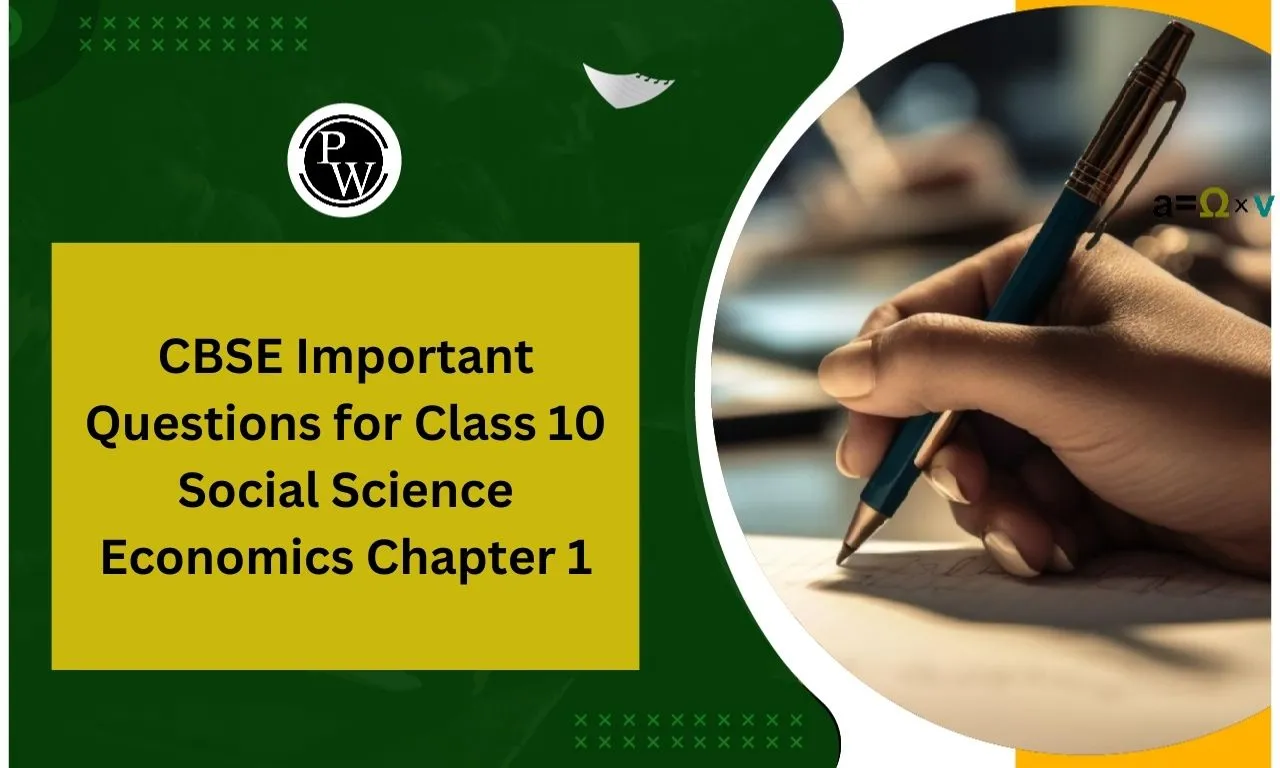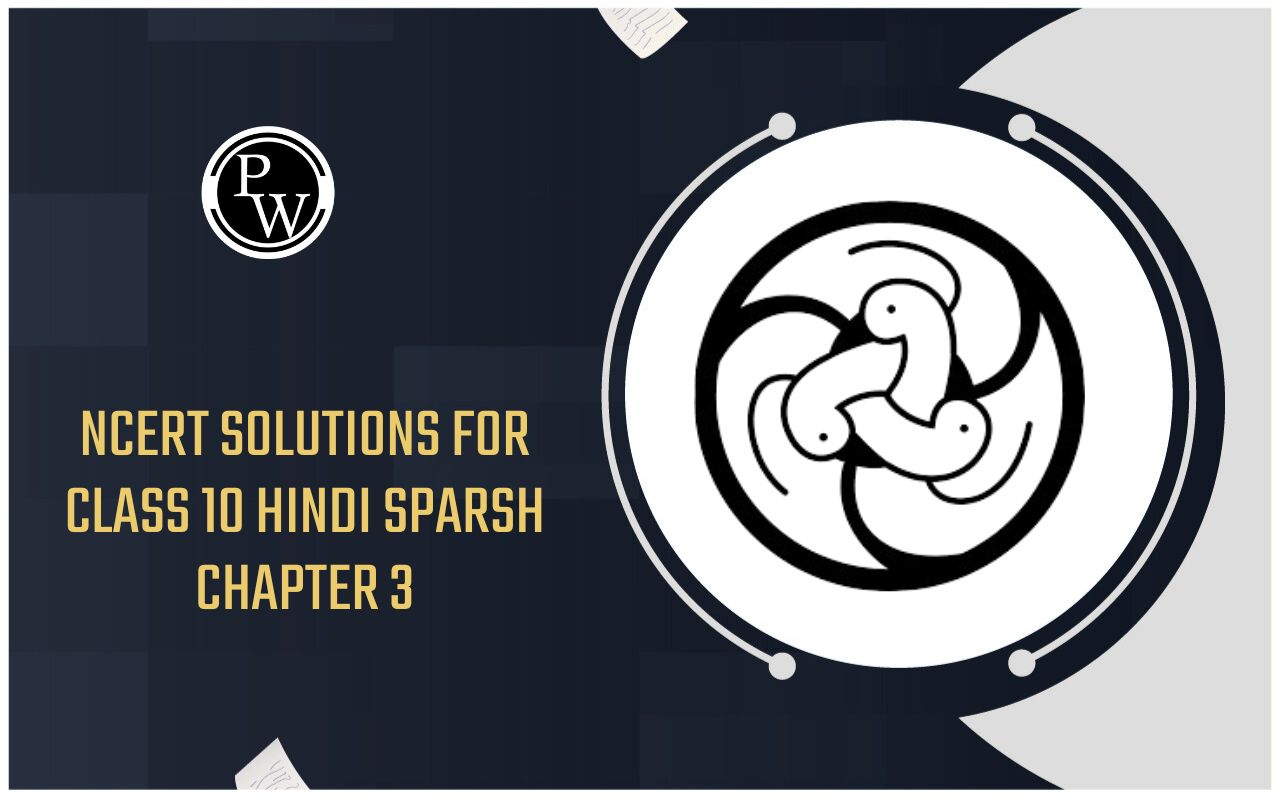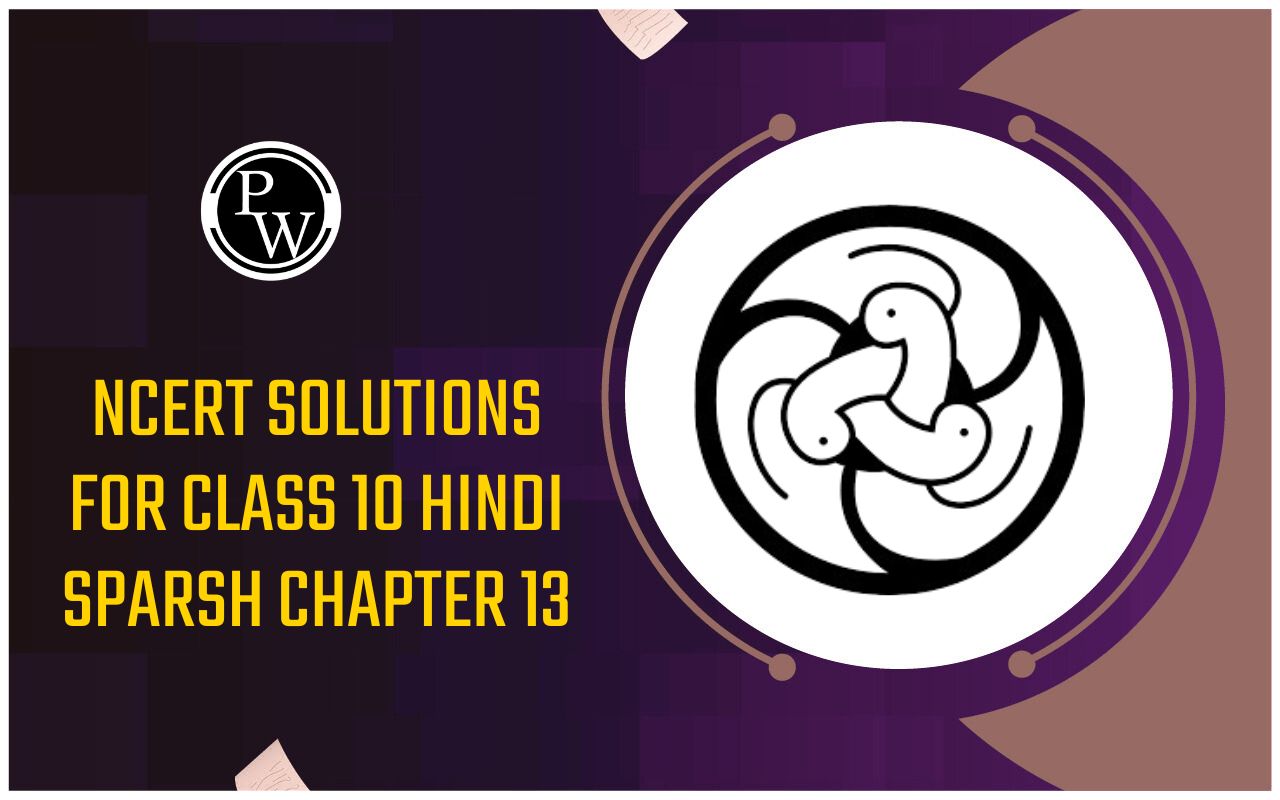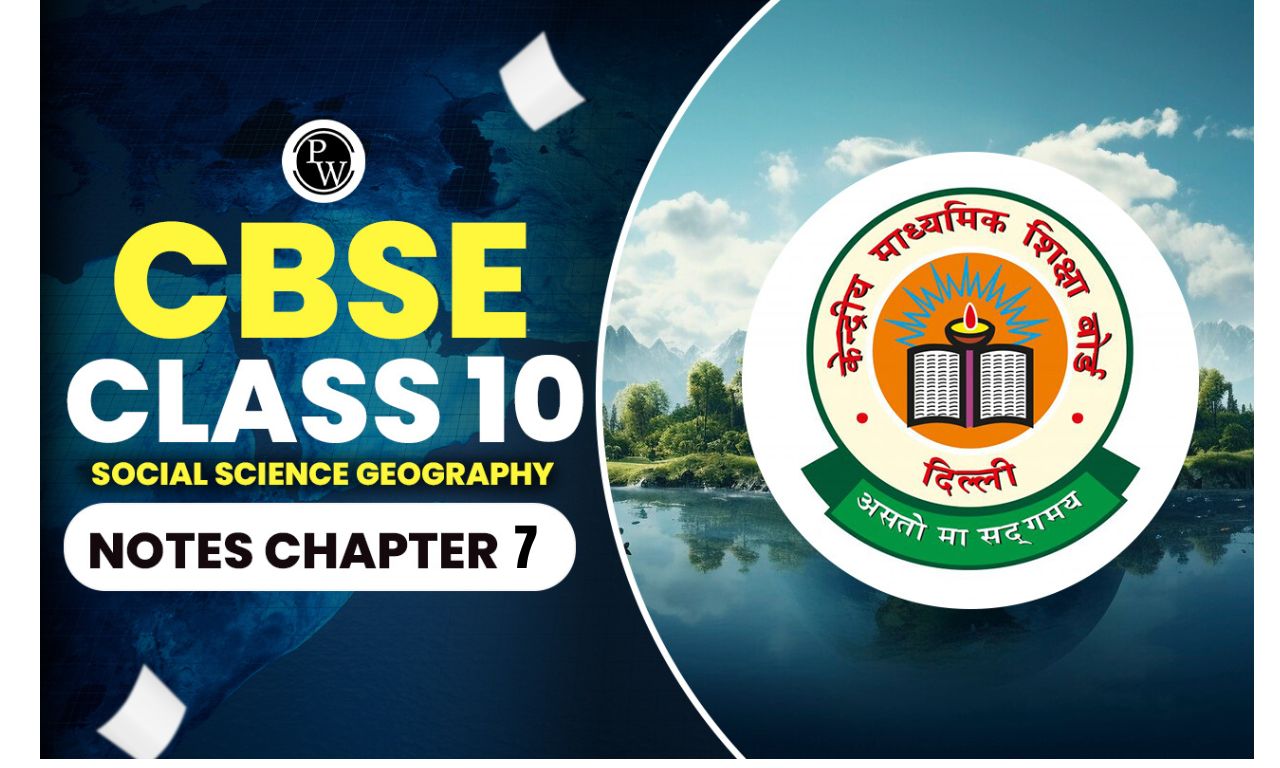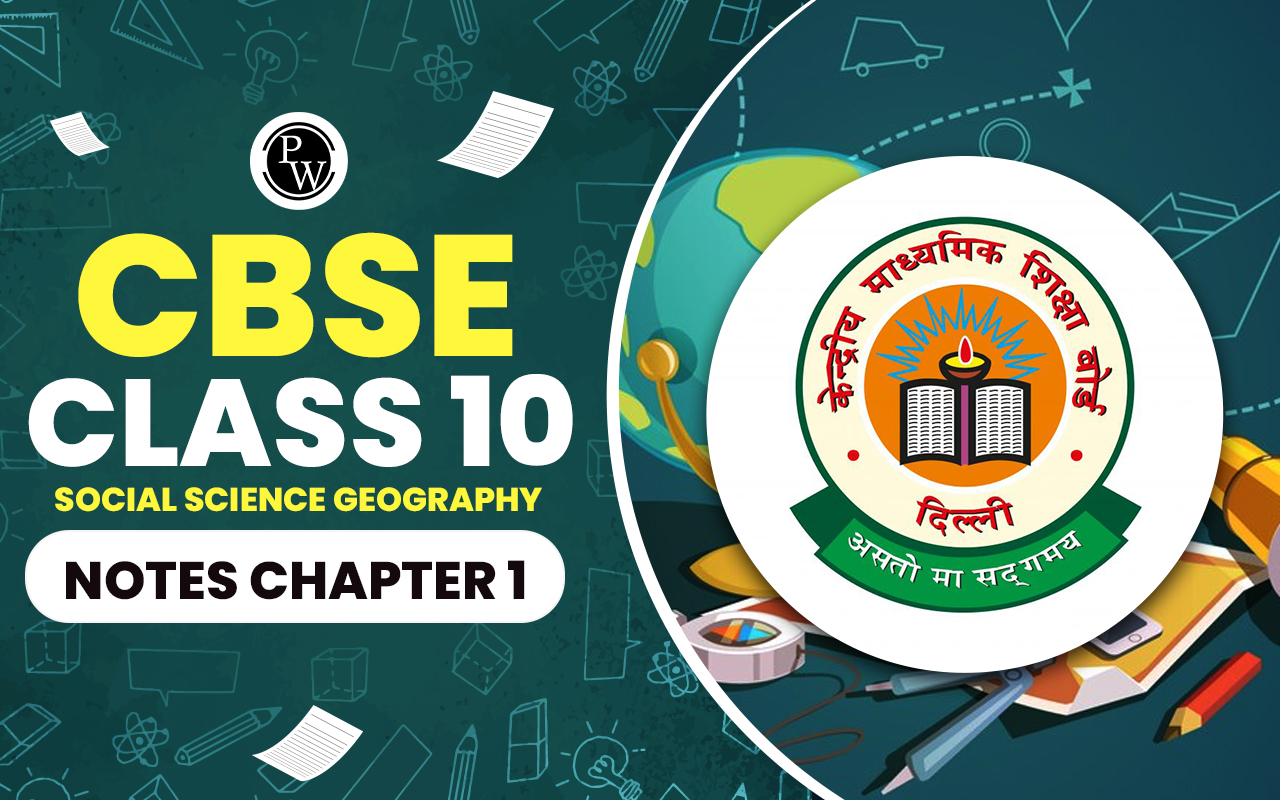
CBSE Class 10 Social Science Civics Notes Chapter 6: In Chapter 6 of CBSE Class 10 Social Science Civics, we learn about "Political Parties." These are groups of people who come together to participate in politics and run the government.
They do things like compete in elections, form governments, and represent different groups of people in society. The chapter talks about the different types of political parties, like national and regional parties, and the issues they face in India. Overall, it helps us understand how political parties work and their importance in our democracy.CBSE Class 10 Social Science Civics Notes Chapter Wise
Topics Covered in the CBSE Class 10 Social Science Civics Notes Chapter 6 Overview
Here are the important topics covered in the CBSE Class 10 Social Science Chapter 6:Introduction to Political Parties: Understanding the concept and significance of political parties in a democratic system.
Functions of Political Parties: The roles and responsibilities of political parties, such as contesting elections, forming governments, and representing citizens' interests.
Types of Political Parties: Differentiating between national and regional political parties and understanding their organizational structures and objectives.
Challenges Faced by Political Parties: Discussing the obstacles and issues encountered by political parties, including internal conflicts, lack of transparency, and the influence of money and power.
Importance of Political Parties: Examining the essential role of political parties in democracy, including facilitating political participation, shaping public policy, and promoting accountability.
CBSE Class 10 Social Science Civics Notes Chapter 6 PDF
You can access the CBSE Class 10 Social Science Civics Notes for Chapter 6 in PDF format through the following link:CBSE Class 10 Social Science Civics Notes Chapter 6 PDF
CBSE Class 10 Social Science Civics Notes Chapter 6 – Political Parties
Why Do We Need Political Parties?
Political parties are groups of people who come together to contest elections and hold power in the government. They agree on policies and programmes to promote the collective good. Parties represent fundamental political divisions in society and are known for their policies, interests, and values. A political party typically consists of leaders, active members, and followers.Functions of Political Parties
Political parties play several crucial roles in a democracy:- Contesting elections: Parties participate in elections and offer various policies and programmes for voters to choose from.
- Making laws: Parties play a vital role in legislatures, shaping and passing laws for the country.
- Forming and running governments: Parties that win elections form governments and govern the country.
- Opposition: Parties that lose elections serve as the opposition, holding the government accountable and voicing different views.
- Shaping public opinion: Parties influence public opinion through their policies and actions.
- Access to government: Parties provide people access to government machinery and welfare schemes.
The Necessity of Political Parties
Political parties are essential because they fulfill these functions and represent diverse views in society. They bring together representatives to form responsible governments, make policies, and justify or oppose them, fulfilling the needs of representative democracy.How Many Parties Should We Have?
In a democracy, any group of citizens can form a political party. While over 750 parties are registered in India, the effectiveness of parties varies. One-party systems and two-party systems are less desirable than multi-party systems, where several parties compete for power. India operates under a multiparty system, promoting diverse political representation.National Parties
National parties are political organizations recognized at the national level by the Election Commission of India. These parties operate across multiple states and regions of the country. To be recognized as a national party, a political party must fulfill certain criteria set by the Election Commission:- Securing at least 6% of the total votes in an election to the Legislative Assembly of a State and winning at least 2 seats is recognized as a State Party.
- Securing at least 6% of the total votes in Lok Sabha elections or Assembly elections in four states and winning at least 4 seats in the Lok Sabha is recognized as a National Party.
Major National Parties in India
India has several major national parties that play a prominent role in the country's political landscape. These parties have a significant presence across various states and regions of India. Here are some of the major national parties:Bharatiya Janata Party (BJP): Founded in 1980, the BJP is one of the largest political parties in India. It espouses the ideology of Hindutva and advocates for cultural nationalism. The party has a strong presence in both urban and rural areas and has been in power at the national level multiple times.
Indian National Congress (INC): The Indian National Congress, often referred to as the Congress Party, is one of the oldest political parties in India. Founded in 1885, it played a pivotal role in the Indian independence movement. The party advocates for secularism, social justice, and inclusive development. It has had a significant influence on Indian politics and has been in power for several terms at the national level.
Communist Party of India (CPI): The CPI is a left-wing political party in India that follows the principles of Marxism-Leninism. It advocates for socialism, secularism, and democracy. The party has a strong presence in states like Kerala, West Bengal, Punjab, Andhra Pradesh, and Tamil Nadu.
Communist Party of India – Marxist (CPI-M): The CPI-M is a splinter group of the CPI that was formed in 1964. It also adheres to the principles of Marxism-Leninism and focuses on socialist policies, secularism, and democracy. The party has a significant presence in states like West Bengal, Kerala, and Tripura.
All India Trinamool Congress (AITC): Founded in 1998 by Mamata Banerjee, the AITC is a regional party that gained prominence in West Bengal. It advocates for secularism, federalism, and the welfare of the people. The party has expanded its presence to other states as well.
Bahujan Samaj Party (BSP): The BSP was founded in 1984 by Kanshi Ram and focuses on representing the interests of the Bahujan Samaj, which includes Dalits, Adivasis, OBCs, and religious minorities. It has a significant presence in Uttar Pradesh and other states in northern India.
Nationalist Congress Party (NCP): Formed in 1999 following a split from the Congress party, the NCP supports democracy, secularism, and social justice. It has a major presence in Maharashtra and has been a coalition partner in several governments.
State Parties
State parties, also known as regional parties, play a significant role in India's political landscape, particularly at the state level. These parties primarily focus on the interests and issues specific to a particular state or region. Here are some examples of state parties in India:Biju Janata Dal (BJD): The BJD is a regional party based in the state of Odisha. It was founded by Naveen Patnaik in 1997 and advocates for the development and welfare of Odisha and its people.
Sikkim Democratic Front (SDF): The SDF is the ruling party in the state of Sikkim. It was founded in 1993 by Pawan Chamling and focuses on the socio-economic development of Sikkim and the welfare of its people.
Mizo National Front (MNF): The MNF is a regional party in the state of Mizoram. It was formed in 1959 and has played a significant role in Mizoram's politics. The party advocates for the interests of the Mizo people and the development of Mizoram.
Telangana Rashtra Samithi (TRS): The TRS is a regional party based in the state of Telangana. It was founded by K. Chandrashekar Rao in 2001 and played a crucial role in the formation of the separate state of Telangana. The party focuses on the development and welfare of Telangana and its people.
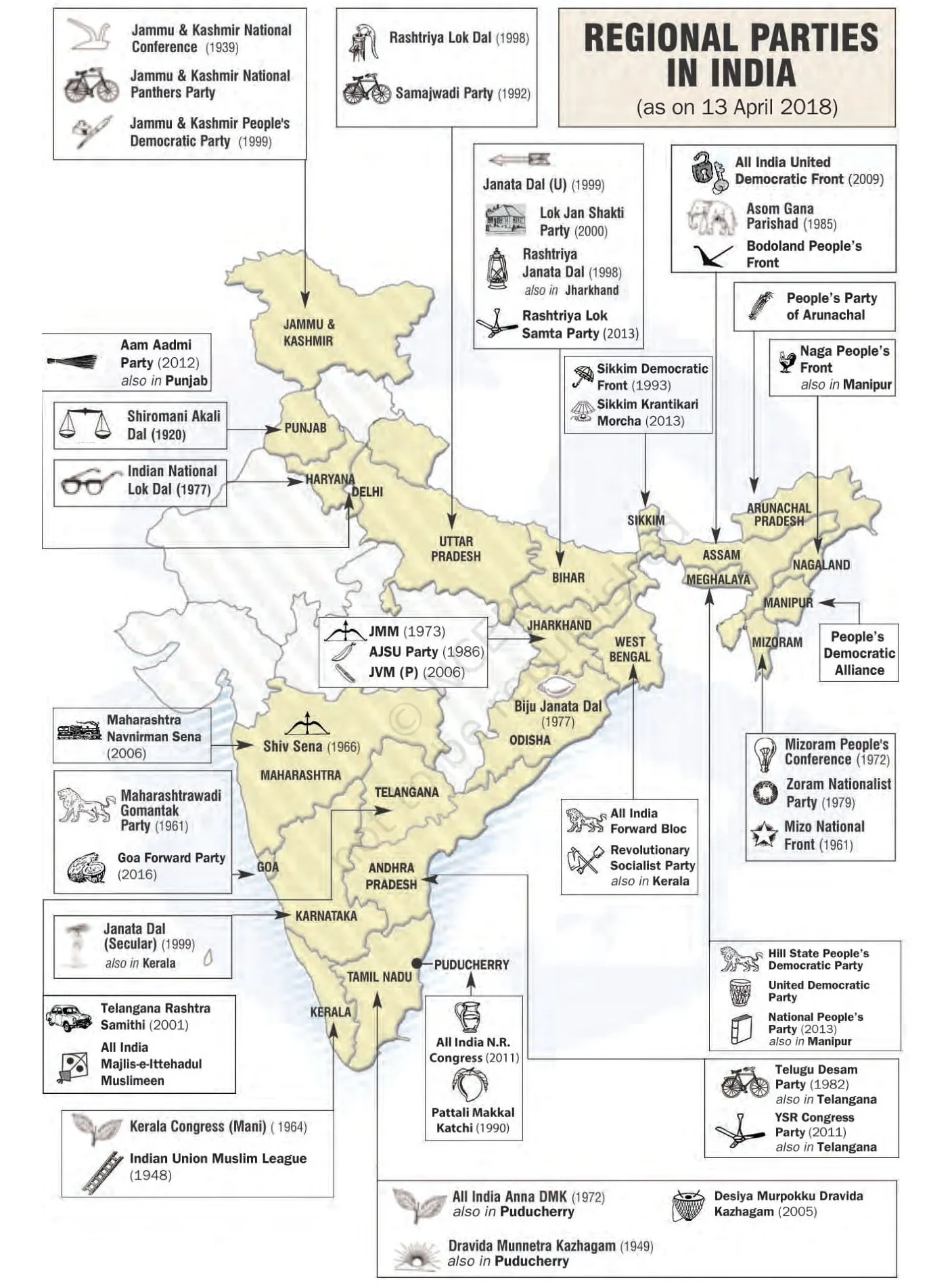
Related Links –
CBSE Class 10 Social Science Civics Notes Chapter 6 FAQs
What is a political party?
What are the functions of political parties?
Why do we need political parties?
What are national parties?

